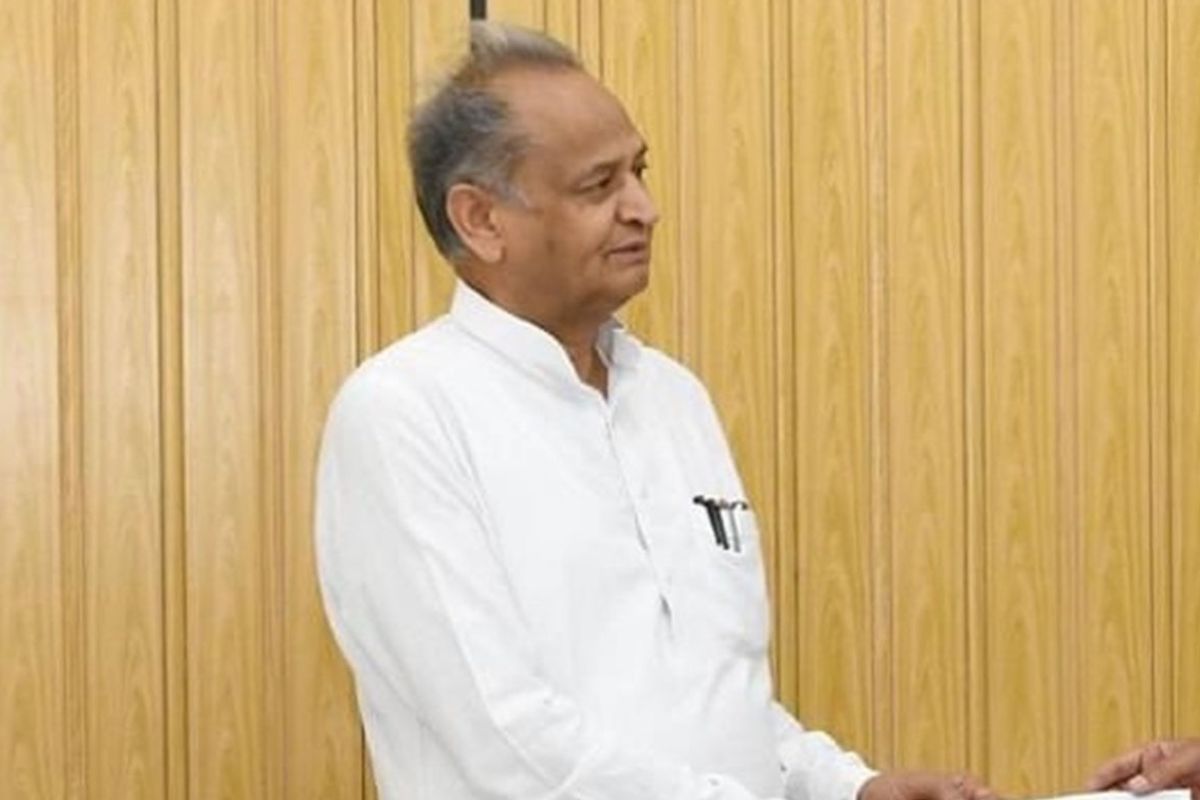Congress aiding BJP’s rise, alleges Kerala CM; Congress hits back
‘Desabhimani’, published ahead of the 24th state conference of CPI-M that begins in Kollam on Thursday, Vijayan said secular forces could no longer trust the Congress.
“The budget presentation may be advanced by 15 days or a month as every MLA has to prepare for the elections, and the government has to complete the process for the elections,” said the CM.

Photo: File Photo
The Congress government in Rajasthan may present its fifth fiscal budget for 2023-24 even before February/March next year. Chief Minister Ashok Gehlot, on Thursday, hinted that the budget could be advanced in view of the assembly elections slated for later the year.
The Budget is generally presented for the new financial year in February or March. But this time around, it has to be rescheduled as the assembly elections are due in December, Gehlot told reporters after a high-level meeting of secretaries here.
Advertisement
“The budget presentation may be advanced by 15 days or a month as every MLA has to prepare for the elections, and the government has to complete the process for the elections, lest the Opposition BJP will get an opportunity to raise a finger at us,” said Gehlot.
The CM has decided that this year’s budget would focus on youth and students’ welfare.
Advertisement
Anticipating a tough challenge in the elections, the chief minister asserted that the Congress won’t leave anything to chance as far as performance in the polls. He said the party will project its developmental schemes and programmes during the last five years for a fresh mandate.
“We will speak about our achievements; the people will decide what to do. We are confident of a repeat of the Congress government,” he said, adding, “My experience shows whenever there is no repeat of a government, there would be a problem. All the schemes would be stalled. We know the mindset of the BJP. It stalled all the schemes and projects in the past when we were in Opposition.
He cited the example of an oil refinery which cost Rs.70,000 crore today against the projected cost of Rs. 40,000 crore. It’s because the Vasundhara Raje government had stopped it after coming to power in 2013, and when his party came into power, it was to be revived at an extra cost.
Similarly, the Eastern Rajasthan Canal Project (ERCP) can be completed only if Congress returns to power on the basis of its work performance, he said.
The CM has also planned a series of pre-budget meetings with the public, NGOs, politicians, professionals and economists before presenting it to the assembly.
Advertisement